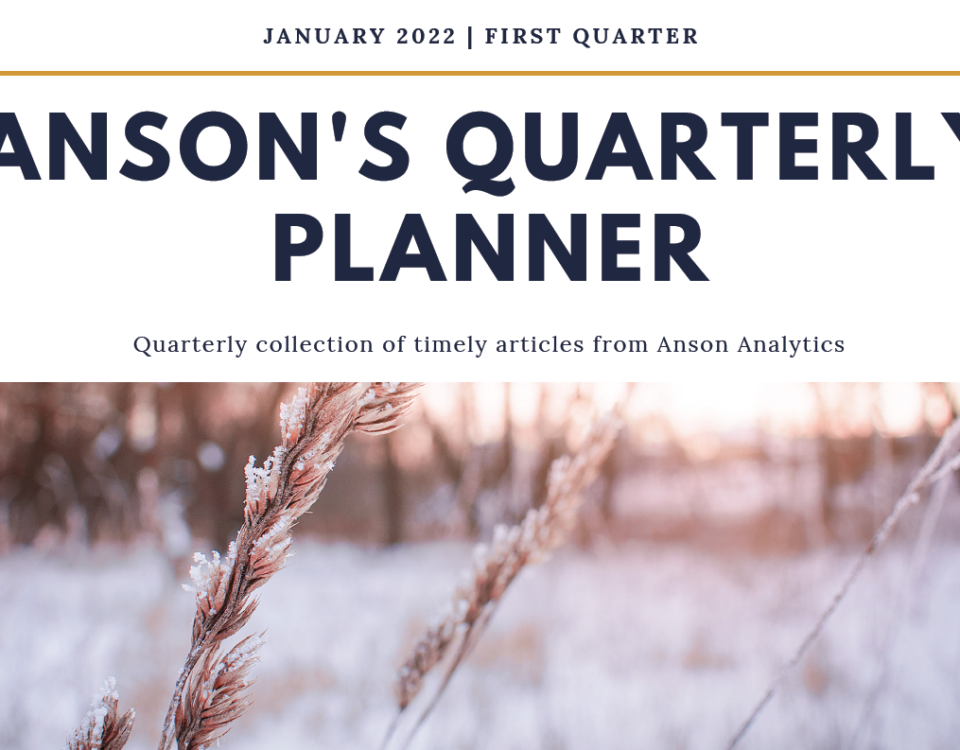Is Your Company’s 401(k) Plan as Good as It Could Be?

Step-Up CDs
May 16, 2019
Keep Calm, Stay Invested
May 30, 2019Two recent court rules may make you want to double-check.
How often do retirement plan sponsors check up on 401(k)s?
Some small businesses may not be prepared to benchmark processes and continuously look for and reject unacceptable investments and those associated fees.
Do you have high-quality investment choices in your plan?
While larger plan sponsors have more “pull” with plan providers, this does not relegate a small company sponsoring a 401(k) to a substandard investment selection. Employees are smart and will ask questions sooner or later. “Why does this 401(k) have only one bond fund?” “Where are the target-date funds?” “I went to Morningstar, and some of these funds have so-so ratings.” Questions and comments like these are reasonable and surface when a plan’s roster of investments is too short. As the plan sponsor, you need to provide your employees with a long-term, consistent process to improve their 401(k) plan.
Are your plan’s investment fees reasonable?
Employees can deduce this without checking up on the Form 5500 you file – there are websites that offer some general information as to what is and what is not acceptable. Most retirement savers read up on this with time, and most know (or will know) that a plan with administrative fees pushing 1% is less than ideal.
Are you using institutional share classes in your 401(k)?
This was the key issue brought to light by the plan participants in Tibble v. Edison International. The Supreme Court noted that while Edison International’s investment committee and third-party advisors had offered a variety of mutual funds, the plans offered higher-priced options and didn’t offer plans that were similar, yet of a lower cost.
The court ruled that “a trustee has a continuing duty—separate and apart from the duty to exercise prudence in selecting investments at the outset—to monitor, and remove imprudent trust investments. So long as a plaintiff’s claim alleging breach of the continuing duty of prudence occurred within six years of suit, the claim is timely.”
Institutional share classes commonly have lower fees than retail share classes. To some observers, the difference in fees may seem trivial – but the impact on retirement savings over time may be significant.1
When was the last time you reviewed your 401(k)-fund selection & share class?
Was it a few years ago? Has it been longer than that? Why not review this today? Call in a financial professional to help you review your plan’s investment offering and investment fees.
Citations:
1 – lexology.com/library/detail.aspx?g=c083ae5f-1892-4b17-9a31-6d60f27ee712 [4/3/19]


